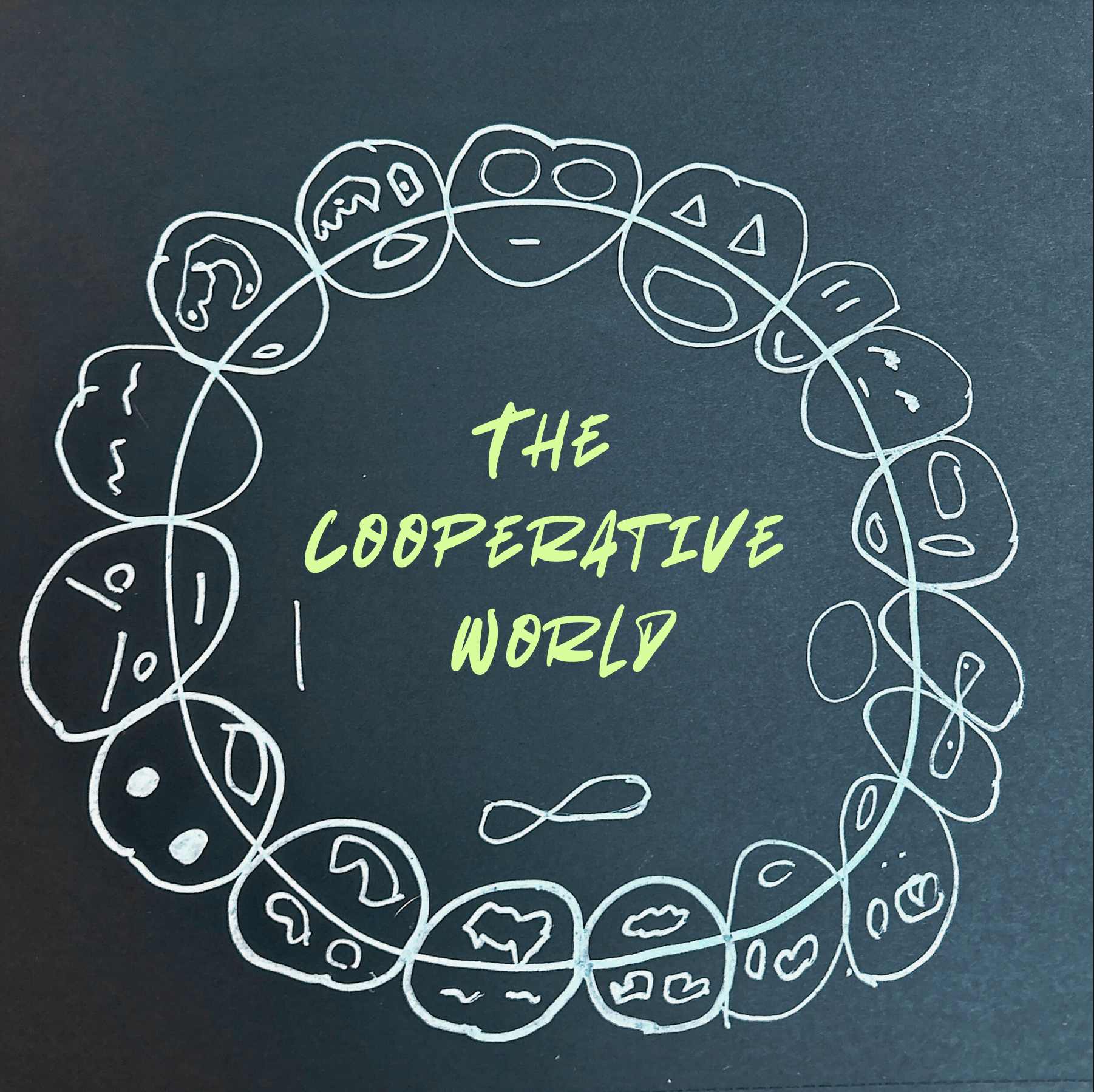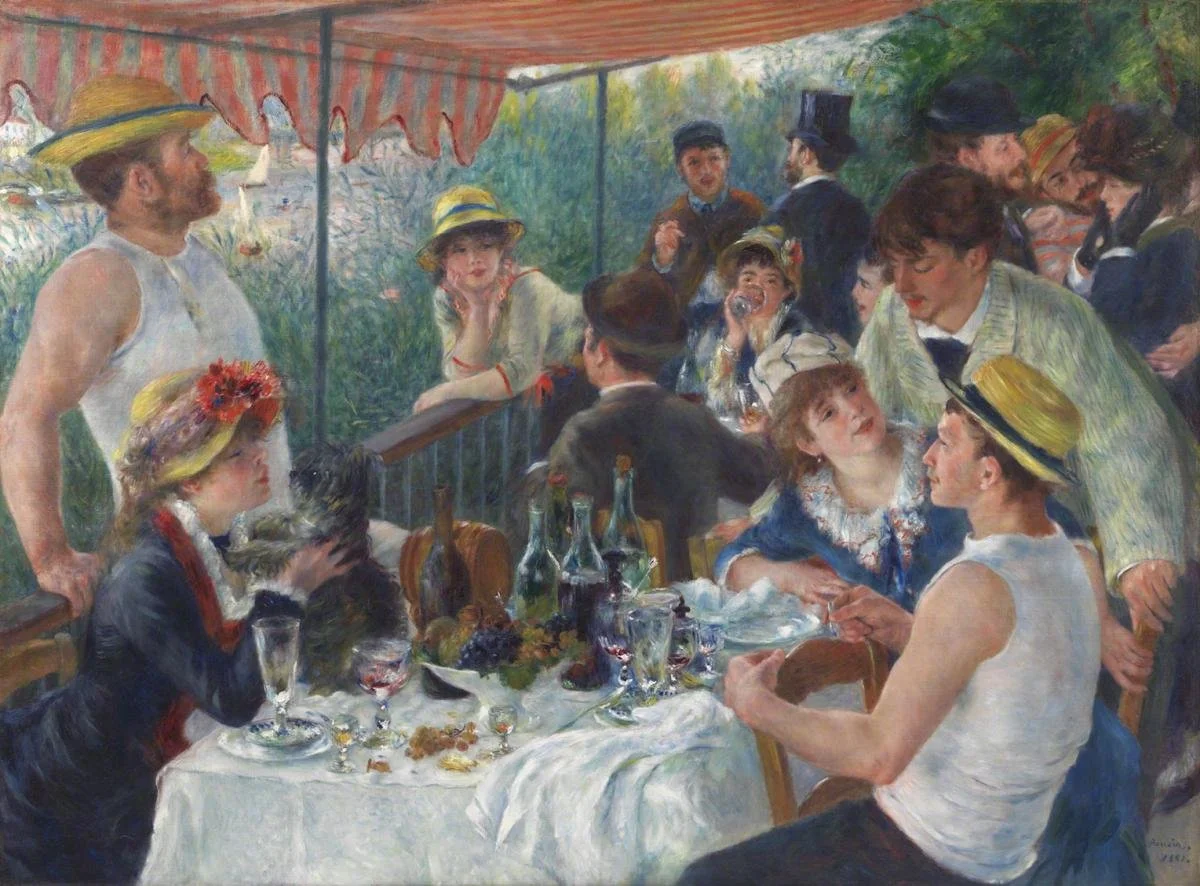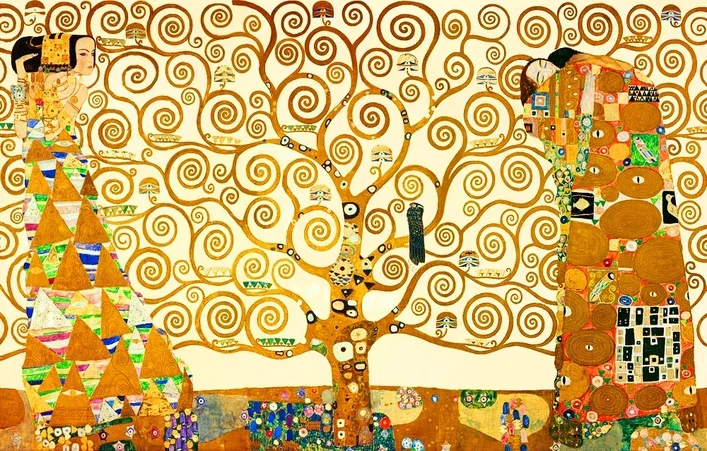
Latest Articles
While capitalism presents itself as the barrier preventing collapse, the very collapse it claims to guard against arises from the same impulse that drives capitalism. Capitalist reasoning is circular.
Today’s culture does not prohibit like yesterdays. Rather, it is marked by an auto-catalytic exposure so that everything is shown, consumed, and resolved immediately. This culture of total exposure renders reversibility itself impotent.
Most of us want the same things out of life. Here are my five:
◦ To be loved by others, have someone to love and to be helpful to others
◦ To be happy and satisfied
◦ To eat well, to be healthy and to be compassionately taken care of when not healthy
◦ To enjoy and appreciate nature
◦ To not suffer from extreme climates - to be not too warm or not too cold
The task, as Foucault insists, is undoubtedly to reveal the groundlessness of the precise workings of our institutions and thus the groundlessness of power itself (and further, of Being). Chomsky is right that we need a vision. Spartacus is proof. The vision, however, can only be unconcealed through the analysis Foucault and the other post modernists advocate.
Social transformation isn’t just about changing who owns the factories. It’s about changing how people see themselves, each other, and the world.
This is the trap: even when we resist power, we often do so using the same patterns, assumptions, and structures that power imposes on us. We think we’re breaking free, but in reality, we’re still operating within the logic that power has ingrained in us—fighting on its terms, using its language, and reinforcing its grip on our thinking and behavior.
Capitalism lights the house on fire, sells you a bucket of water with a hole in it, and then convinces you that if the flames keep spreading, it’s because you’re not using the bucket correctly.
Power is embedded within the structures of thought, emotion, behavior, and social organization. It defines the conditions under which actions are possible, shaping not just external circumstances but the internal logic through which individuals interpret the world, others, and themselves.
What is power?
To answer this, we should think about how power shows up in the world, how it operates, and why it works the way it does. Power isn’t something you can hold or own. It is not a thing. Rather, power is a relation. It manifests as a dynamic process woven into the structures of our social, political, and economic systems.
Under capitalism, stable housing can never and will never be a reality for everyone. Capitalism depends on some people lacking stable housing to drive up demand, cut maintenance costs, and maximize profits.
For the elite, the sanctity of voting is all about keeping you docile, keeping you sedated, keeping you endlessly choosing your own rulers. Because the owners of this world don’t care which puppet you pick. They only care that you keep picking.
The politicians who beg for our votes are not saviors—they are the very architects of our pain. Our ballots simply ratify which strategies will be employed to ransack the earth and siphon value from human labor and life.
The genocide in Palestine is a means to an end — ensuring that share prices climb and profits soar, all while innocent lives are taken. Millions are deemed expendable by an elite class that orchestrates these horrors from boardrooms and government offices, far removed from the bloodshed and despair their decisions cause.
It’s time we reject the individuals who are “leading” our country, recognizing them as the spineless and avaricious opportunists they repeatedly prove themselves to be. They do not look out for “American interests.” They look out for elite interests. The elite are fully aware of the destruction and death they cause.
Fear will never totally leave us; we must learn to live in spite of it. There’s nowhere to run. We must begin embracing the uncertainty that is inherent in life, doing so with poise and confidence. Crucially, we must do so together.
Under the oppressive gears of capitalism, driven by the relentless hunger for perpetual growth, these savings plans don't just subtly coerce workers into endorsing their own exploitation—they force them to champion an ever-escalating cycle of exploitation.
The 1968 protests showed that when people come together, they can shake the foundations of power, even if they don’t knock them down completely.
Reducing the workweek to four days, while seemingly a positive step in transitioning to a more humane existence, fails to address the root issue: the grotesque alienation and exploitation of workers that comes as a package deal with a capitalist economic system.
About Us
The Cooperative World is an online think tank dedicated to publishing insightful social analysis and visionary ideas for a better future. Our work explores today’s world and its history while imagining the possibilities of a cooperative, decentralized society. We believe that true "thinking" is not limited to written analysis but also requires creative and artistic expression. To that end, we compile music and visual art, using these mediums to deepen our understanding of the world and inspire collective visions of a cooperative future.
We seek to guide readers toward further exploration by curating collections of books, songs, and art pieces that complement one another, offering pathways to deeper understanding and wisdom. These curated collections are designed to enrich perspectives, connect ideas across disciplines, and foster a holistic view of both the challenges we face and the cooperative solutions we imagine. Through both analysis and creativity, we aim to challenge oppressive systems and chart pathways toward liberation.


















Karl Marx had said the choice facing society was “socialism or barbarism.” Murray Bookchin wrote it was “anarchism or annihilation.” Today, we may say our choice is symbiosis or incineration.